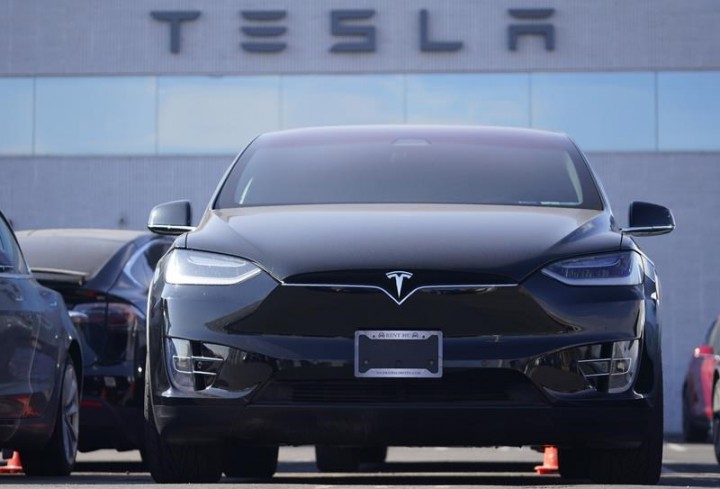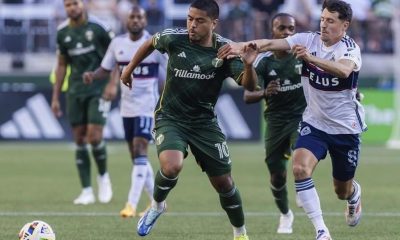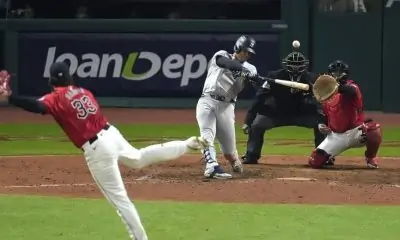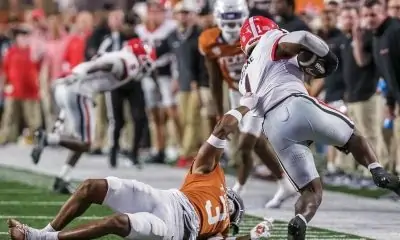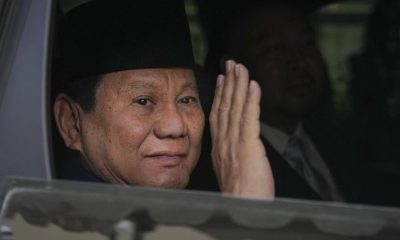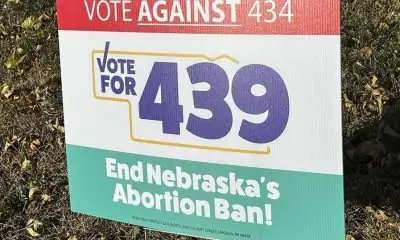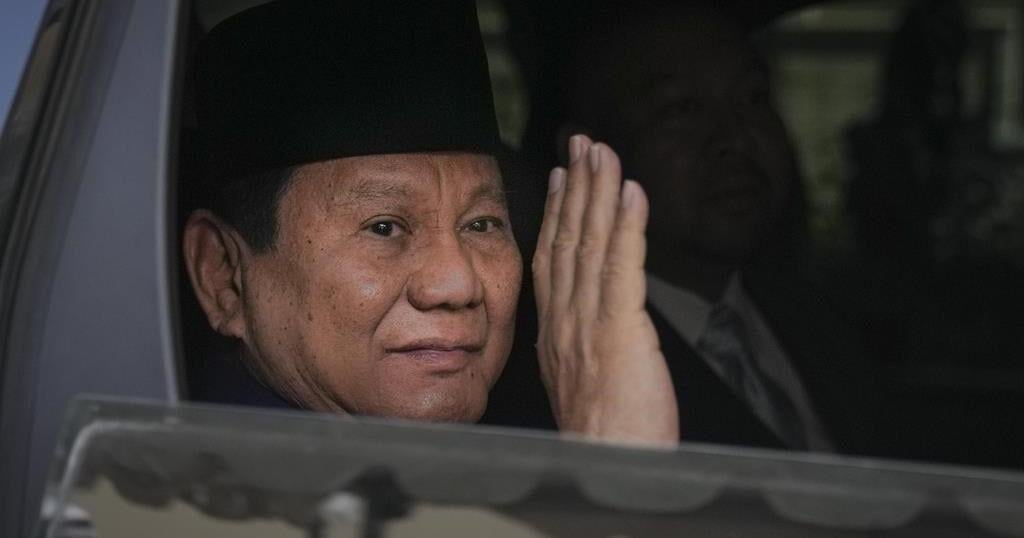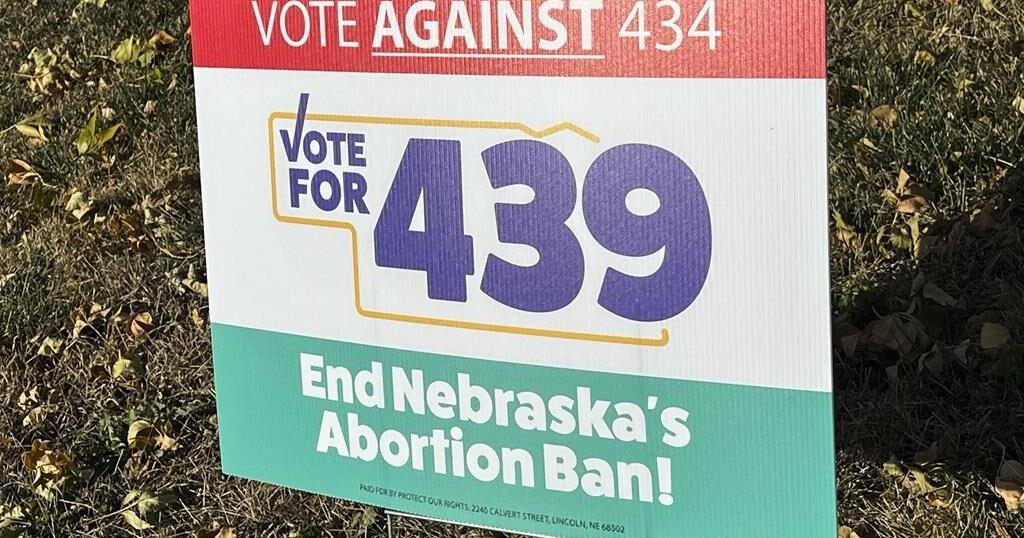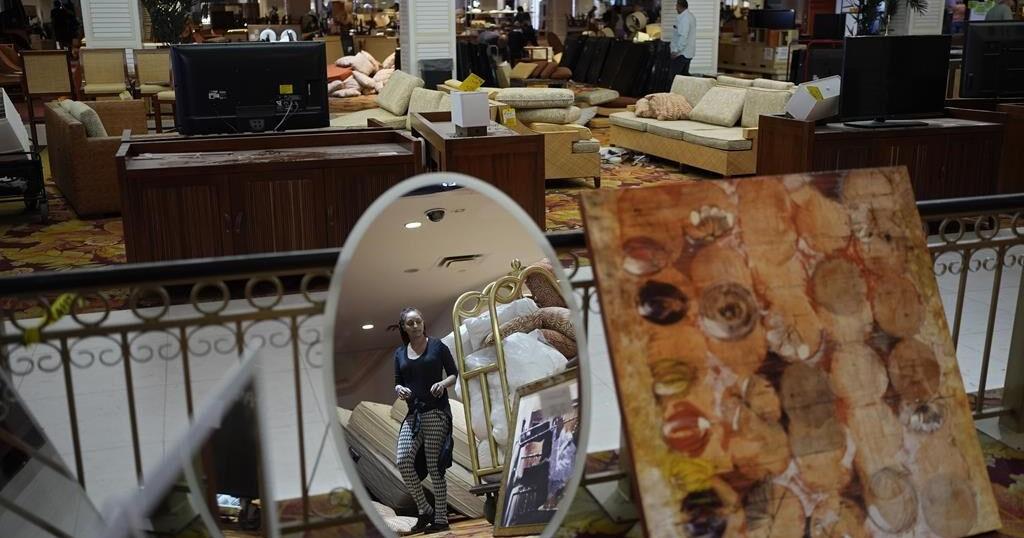JAKARTA, Indonesia (AP) — Prabowo Subianto was inaugurated Sunday as the eighth president of the world’s most populous Muslim-majority nation, completing his journey from an ex-general accused of rights abuses during the dark days of Indonesia’s military dictatorship to the presidential palace.
The former defense minister, who turned 73 on Thursday, was cheered through the streets by thousands of waving supporters after taking his oath on the Quran, the Muslim holy book, in front of lawmakers and foreign dignitaries. Banners and billboards to welcome the new president filled the streets of the capital, Jakarta, where tens of thousands gathered for festivities including speeches and musical performances along the city’s major throughfare.
Subianto was a longtime rival of the immensely popular President Joko Widodo, who ran against him for the presidency twice and refused to accept his defeat on both occasions, in 2014 and 2019.
But Widodo appointed Subianto as defense chief after his reelection, paving the way for an alliance despite their rival political parties. During the campaign, Subianto ran as the popular outgoing president’s heir, vowing to continue signature policies like the construction of a multibillion-dollar new capital city and limits on exporting raw materials intended to boost domestic industry.
Backed by Widodo, Subianto swept to a landslide victory in February’s direct presidential election on promises of policy continuity.
Subianto was sworn in with his new vice president, 37-year-old Surakarta ex-Mayor Gibran Rakabuming Raka. He chose Raka, who is Widodo’s son, as his running mate, with Widodo favoring Subianto over the candidate of his own former party. The former rivals became tacit allies, even though Indonesian presidents don’t typically endorse candidates.
But how he’ll govern the biggest economy in Southeast Asia — where nearly 90% of Indonesia’s 282 million people are Muslims — remains uncertain after a campaign in which he made few concrete promises besides continuity with the popular former president.
Subianto, who comes from one of the country’s wealthiest families, is a sharp contrast to Widodo, the first Indonesian president to emerge from outside the political and military elite who came from a humble background and as president often mingled with working-class crowds.
Subianto was a special forces commander until he was expelled by the army in 1998 over accusations that he played a role in the kidnappings and torture of activists and other abuses. He never faced trial and went into self-imposed exile in Jordan in 1998, although several of his underlings were tried and convicted.
Jordanian King Abdullah II bin Al-Hussein was expected to attend Sunday’s ceremony, but canceled at the last minute because of escalating Middle East tensions, instead deciding to send Foreign Affairs Minister Nancy Namrouqa as his special envoy. Subianto and Abdullah met in person in June for talks in Amman on humanitarian assistance to people affected by the war in Gaza.
Subianto, who has never held elective office, will lead a massive, diverse archipelago nation whose economy has boomed amid strong global demand for its natural resources. But he’ll have to contend with global economic distress and regional tensions in Asia, where territorial conflicts and the United States-China rivalry loom large.
Leaders and senior officials from more than 30 countries flew in to attend the ceremony, including Chinese Vice President Han Zheng and leaders of Southeast Asia countries. U.S. President Joe Biden sent Linda Thomas-Greenfield, the U.S. ambassador to the United Nations. Adm. Samuel Paparo, the U.S. Commander of the Indo-Pacific Command, was also among the American delegation.
Army troops and police, along with armored vehicles, fire trucks and ambulances, were deployed across the capital, and major roads were closed to secure the swearing-in.
The election outcome capped a long comeback for Subianto, who was banned for years from traveling to the United States and Australia.
He has vowed to continue Widodo’s modernization efforts, which have boosted Indonesia’s economic growth by building infrastructure and leveraging the country’s abundant resources. A signature policy required nickel, a major Indonesian export and a key component of electric car batteries, to be processed in local factories rather than exported raw.
He has also promised to push through Widodo’s most ambitious and controversial project: the construction of a new capital on Borneo, about 2,000 kilometers (1,240 miles) away from congested Jakarta.
Before February’s presidential election, he also promised to provide free school lunches and milk to 78.5 million students at more than 400,000 schools across the country, aiming to reduce malnutrition and stunted growth among children.
Indonesia is a bastion of democracy in Southeast Asia, a diverse and economically bustling region of authoritarian governments, police states and nascent democracies. After decades of dictatorship under President Suharto, the country was convulsed by political, ethnic and religious unrest in the late 1990s and early 2000s. Since then, it has consolidated its democratic transition as the world’s third-largest democracy, and is home to a rapidly expanding middle class.
___
Associated Press journalists Edna Tarigan and Andi Jatmiko contributed to this report.

